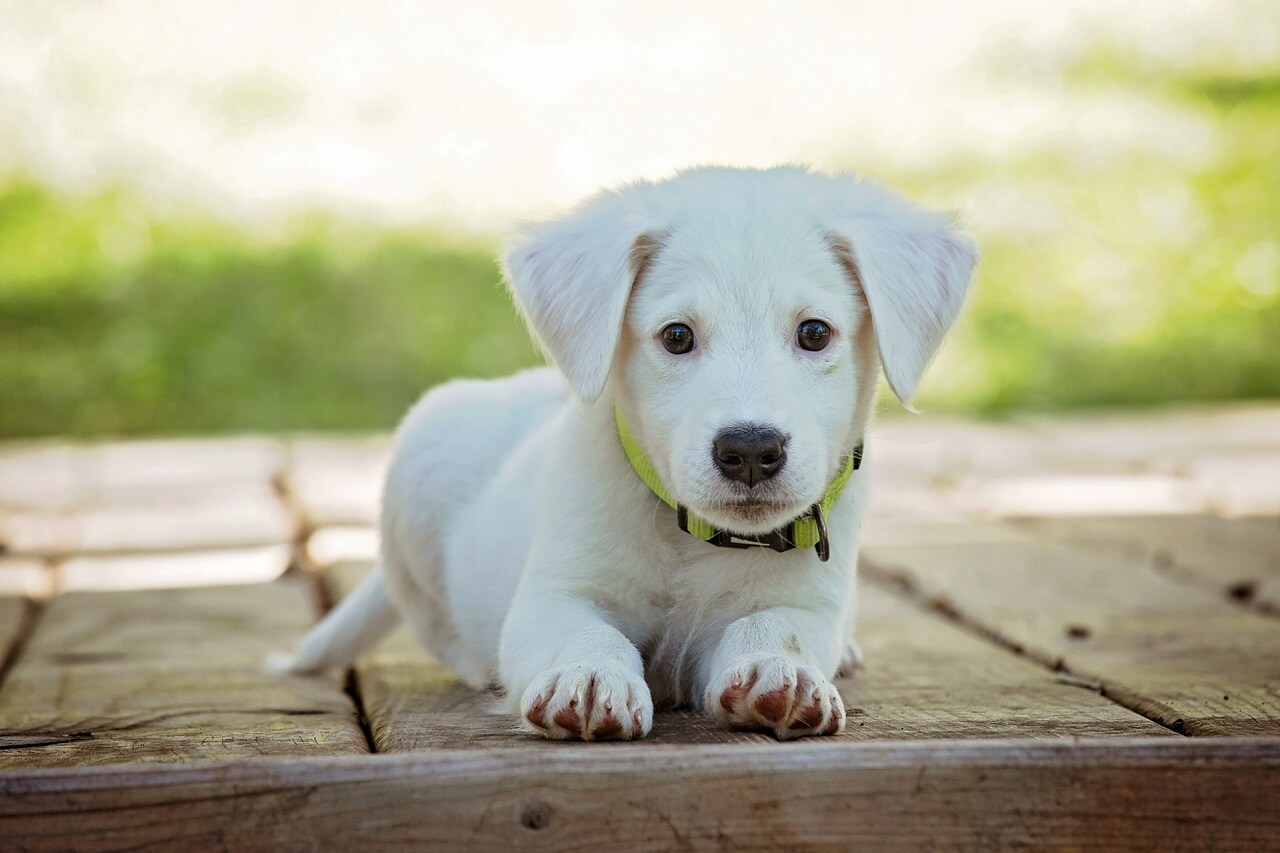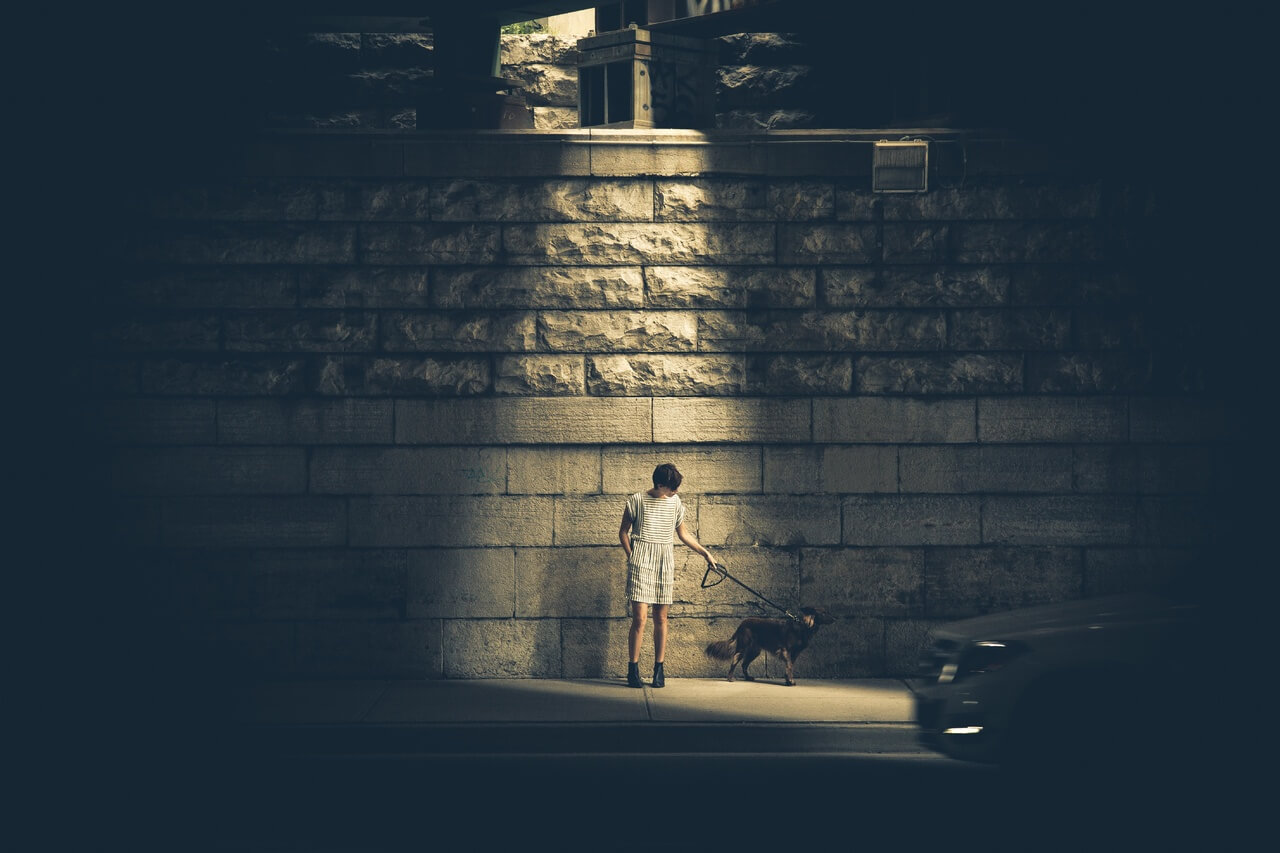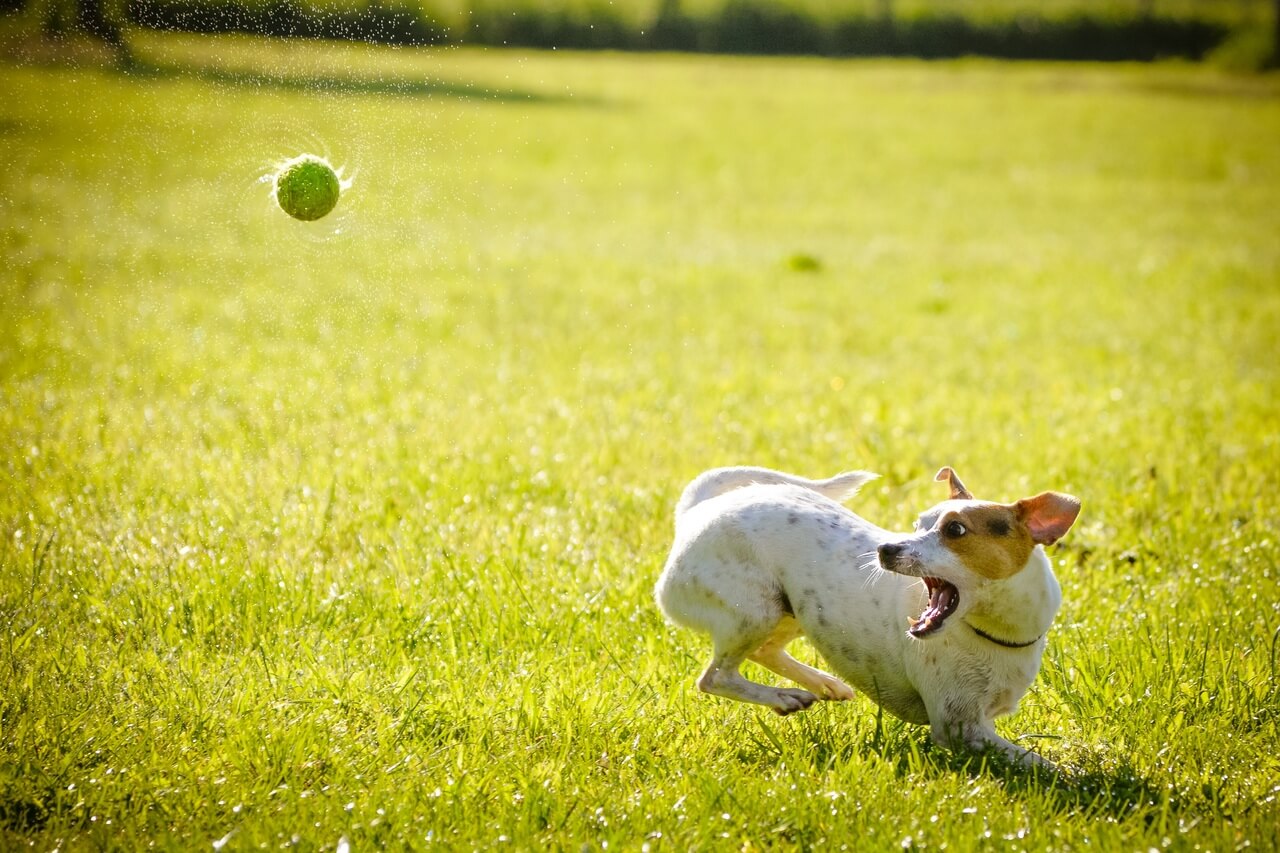
The Reality of Owning a Dog in Vietnam: Navigating Local Challenges
Owning a dog in Vietnam can be both a rewarding and challenging experience. For dog lovers who live in Vietnam, you will quickly find that having a dog is not the same as having a dog in the West with various obstacles to overcome. From unique practices like walking a dog alongside a motorbike to the unfortunate reality of poisoned bait, the experience is vastly different from that in other parts of the world. This article explores the quirks of owning a dog in Vietnam, the cultural differences, and practical tips for keeping your pet safe and happy.
The Love-Hate Relationship with Dogs

Some of the Vietnamese population love dogs and pamper them to the fullest
Vietnamese attitudes towards dogs are a complex mix. On one hand, many people in urban areas, especially younger generations, have embraced dog ownership, treating their pets as family members – along with very expensive dog spas and a whole range of dog outfits and dog prams etc! On the other hand, there remains a significant portion of the population that is either indifferent or even fearful of dogs. This fear, often referred to as cynophobia (an irrational fear of dogs), is not uncommon, and many Vietnamese display visible discomfort when encountering dogs, even small, harmless ones.
It is not unusual to see people scream or panic when a dog veers too close to them on a walk. For expats living in Vietnam, it can be surprising to see such extreme reactions to dogs, especially if they’re accustomed to cultures where dogs are widely accepted in public spaces. In Vietnam, however, many people grew up without the same exposure to pets, and cultural norms may have reinforced the idea that dogs are dangerous. This fear can be so strong that even well-behaved dogs, walking calmly on a leash, may cause someone to cross the street to avoid them.
Exploring more articles from Stephanie: 6 Street-Smart Secrets: How to Safely Cross the Road in Vietnam
Poisoning: A Serious Concern

Poisoning is unfortunately a common occurrence – so make sure your dog doesn’t explore things on the ground
One of the most shocking and disheartening aspects of owning a dog in Vietnam is the very real danger of poisoned bait being left in public places. Some individuals, who view stray or roaming dogs as a nuisance, resort to poisoning as a way of dealing with the problem. This is an unfortunate reality that many dog owners must contend with, and while it may seem extreme, it’s important to take precautions.
When walking your dog, especially in urban areas or near less frequented streets, always ensure that your dog doesn’t eat anything it finds on the ground. Dogs are naturally curious and may sniff out food scraps, but this poses a serious risk if that food has been tampered with. Many dog owners in Vietnam clean off their dog’s paws after walks to prevent accidental ingestion of any harmful substances that might have been picked up along the way. It’s a simple but vital step in ensuring your dog’s safety in a potentially hazardous environment.
Another precaution is to keep a close eye on where your dog is walking. Avoid letting your dog roam too close to bushes, rubbish piles, or alleyways where poisonous bait might be hidden. While this might sound like an overreaction to newcomers, seasoned dog owners in Vietnam know the importance of vigilance.
Walking the Dog: The Vietnamese Way

Some people take their dogs for a walk while riding their motorbikes!
Another peculiarity of dog ownership in Vietnam is how many locals take their dogs for a walk. It’s common to see someone on a motorbike with their dog running alongside them. While this may seem odd to foreigners who are used to walking their dogs on foot, it’s a fairly common sight in Vietnam. This practice allows the dog to get exercise while the owner stays on the bike, zipping through the streets or along quieter paths.
While it might appear efficient, this method of walking can be risky, particularly for the dog. Vietnam’s streets are often chaotic, with a mix of motorbikes, cars, bicycles, and pedestrians all sharing narrow roads. Dogs running alongside motorbikes are at risk of getting hit or injured, especially if they veer unexpectedly.
Parks and Public Spaces: Keeping Your Dog on a Leash

Parks are not pet-friendly locations
In many Western countries, it’s common to see dogs enjoying their time off-leash in parks, running, and playing with other dogs. Unfortunately, this is not the norm in Vietnam. Dog-friendly parks are few and far between, and even in the ones that allow dogs, it’s rare to see them off-leash. Vietnamese parks tend to be more structured and less accommodating for pets, and cultural attitudes towards dogs mean that letting them run free could be met with disapproval or even complaints from other parkgoers.
For this reason, it’s essential to keep your dog on a leash at all times when in public spaces. Letting your dog roam off-leash, even in a quiet park, could result in unwanted attention or confrontations. Additionally, some parks may have strict rules about pets, and not all public spaces are welcoming to animals. Before heading out for a walk, it’s a good idea to research the best dog-friendly areas in your neighborhood or city to ensure a stress-free experience for both you and your pet.
More articles from Ms. Stephanie: Why Are Vietnamese People So Loud? Exploring Cultural Differences and Misunderstandings
Fear of Dogs: Navigating Public Spaces
As mentioned earlier, many Vietnamese are genuinely scared of dogs, and this can make walking your dog in public an uncomfortable experience. While in Western countries, it’s common for strangers to approach and pet your dog, in Vietnam, people are more likely to avoid contact. Some individuals might even shout or visibly panic if your dog gets too close.
It’s important to be respectful of this cultural difference and keep your dog at a safe distance from others. If someone appears fearful, it’s best to reassure them by pulling your dog closer and keeping control.
Overall, owning a dog in Vietnam comes with its own set of challenges, but with the right precautions and respect for local customs, it can be a rewarding experience. From the need to protect your dog from potential poisons to navigating the unique ways locals walk their dogs, Vietnam offers a distinctive environment for dog ownership. By understanding the cultural attitudes and taking the necessary steps to ensure your dog’s safety, you can successfully integrate your furry friend into your life in Vietnam.








I am not sure after reading this article what would be the rewarding part of having my dog in Vietnam.